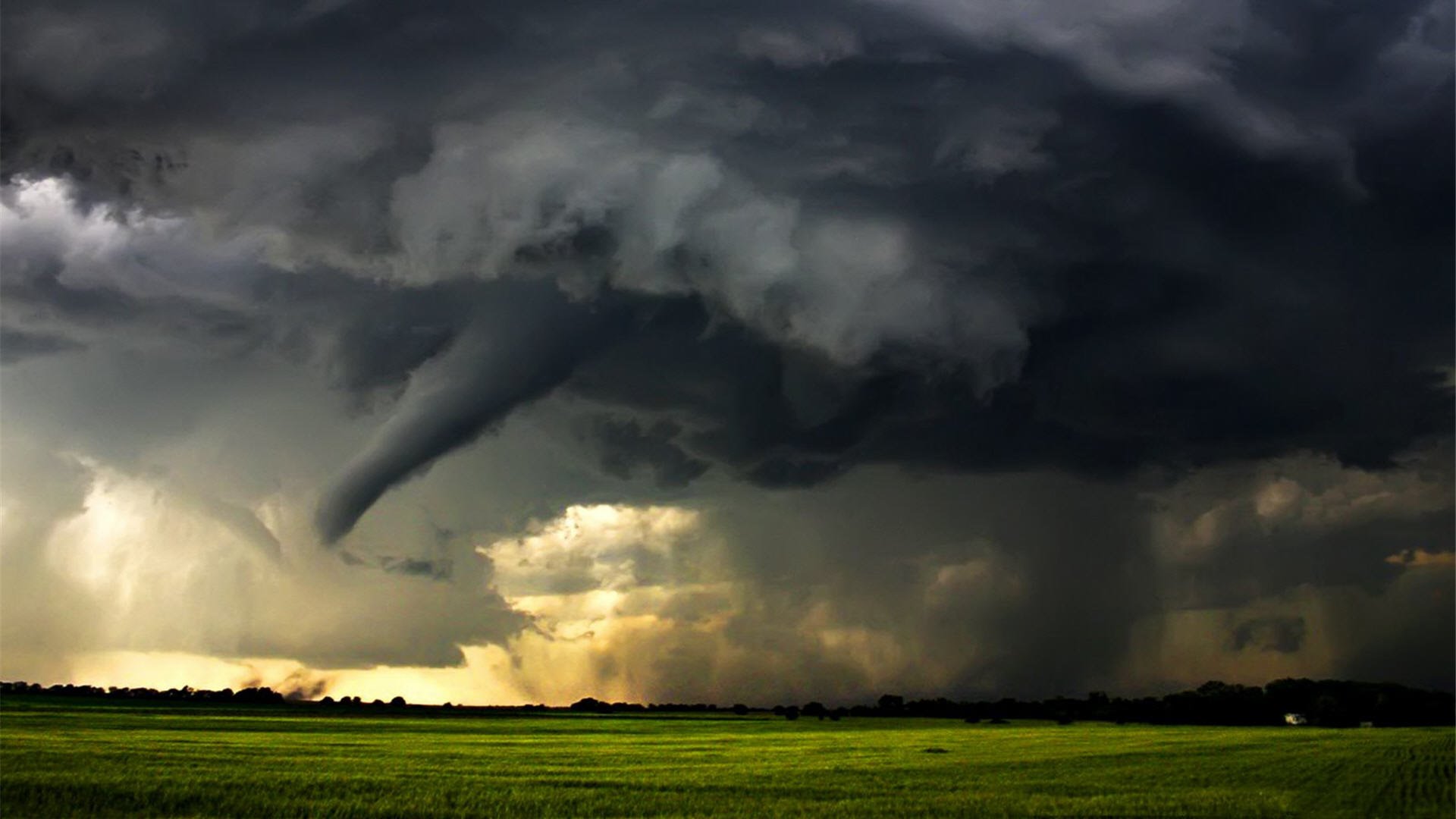
In light of what happened in Hawaii a couple of weeks ago, the U.S. Federal Communications Commission voted to update the country’s wireless emergency alert system. The aim is to ensure that local officials only sound alarms on smartphones when there is truly an emergency. I have two, somewhat conflicting thoughts about this. Why wasn’t this always the rule? And it’s kind of about time, isn’t it? Don’t get me wrong, I think this is great news, but I also wonder why we have to keep legislating things that should have been taken care of in the first place. Trump is in favor of limiting the amount of regulation in the government, but what he fails to see is that when you don’t regulate, things like this happen.
The system was implemented in 2012, and it allows first responders around the country to dispatch text message bulletins in order to warn mobile users about inclement weather, abducted children or criminals at large. Public safety leaders have complained about the system for years. Mostly that the alerts are inaccurate, which makes it difficult for these to be used in times of disaster without creating panic. On one hand, this is a very powerful tool that has the ability to save lives. But on the other hand, are we getting over alerted? And, if so, is that going to cause more problems in the long run?

Further to that, smartphone owners can turn off the alarms entirely, which makes it completely useless. Which is why the FCC unanimously adopted new rules earlier this month, that require the big telecom giants like AT&T, Sprint, T-Mobile and Verizon to distribute wireless alerts in a much more precise way – starting in late 2019. Ajit Pai, FCC Chairman, had this to say:
“When disaster strikes, it’s essential that Americans in harm’s way get reliable information so that they can stay safe and protect their loved ones.”
And he’s not wrong. The system is essential, but is it effective? These changes come as a result of a couple of events. The first is in response to complaints from local governments around the country – including Harris County, Texas. Which is one of the most populous regions in the state, where leaders there struggled to use the system during Hurricane Harvey. But it’s also the same system that failed in Hawaii earlier this month when officials accidentally sent out an alert suggesting a ballistic missile attack.

So will these updates help? Yes, and no. The new rules won’t fix these kinds of issues in the future. But the FCC did say that it is working with local governments to develop better practices for when and how to send alerts. Technically, the wireless alert system is voluntary; telecom giants, including the four major U.S. carriers, participate by choice. And under Pai’s rules, companies that take part in the program would be required to deliver wireless alerts to everyone within a local government’s target area. While this might not be the final answer, it’s a step in the right direction at least.



